
Read or listen offline
Recommendation
This International Monetary Fund report expertly addresses core questions on the relationship between regionalization and globalization. Though globalization is now a well-known and accepted fact of economic life, its impact isn’t uniform or inevitable. Regionalization is a countervailing force in the national and international business cycles. Professors Hideaki Hirata and Christopher Otrok, and IMF researcher M. Ayhan Kose, delve into masses of data from 106 nations to assess the strength of that influence in driving economies. Their conclusions could help governments set economic policy and guide corporations with global or regional operations. getAbstract suggests this working paper to economists, policy makers and financial professionals who wish to understand how the seemingly monolithic global economy is giving way to increasingly powerful regional alliances.
Take-Aways
About the Authors
Hideaki Hirata is a professor of business administration at Hosei University in Japan, M. Ayhan Kose is a researcher at the IMF and Christopher Otrok is a professor of economics at the University of Missouri.









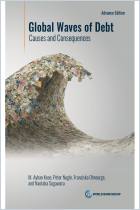
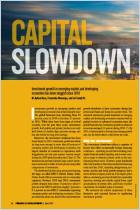
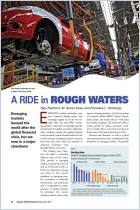

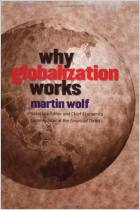
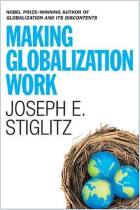
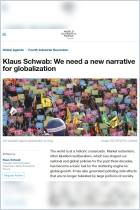
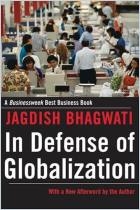
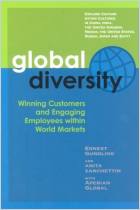

Comment on this summary or Diskussion beginnen